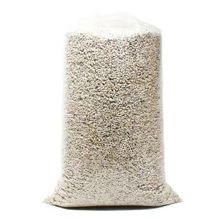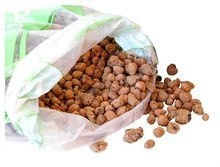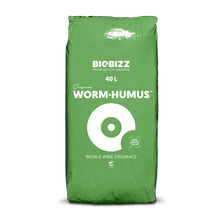Extras to soil, coco
Expanded Clay
Expanded clay is a very universal material, giving many possibilities of use in gardening and growing potted plants. It can be used as drainage, loosening or mulch material. At the same time, it is harmless to plants and the environment, and relatively cheap. It is completely resistant to any activity of pests, mold or fungi, which reduces the risk of infection for plants. It is therefore a very durable material which (importantly) does not lose its properties over time. It all adds up to the possibility of its long-term use or the possibility of using the same expanded clay several times for various purposes in gardening.
What is perlite ?
Perlite, also known as volcanic glass, is a rock of volcanic origin. The name "volcanic glass" is associated with its formation as a result of the hydration of cooling lava. The main features of perlite are water storage, heat absorption, chemical neutrality, aeration and soil loosening. Due to water retention, perlite will release its water content for a long time after watering the plant, and the plant substrate will dry out at a slower rate. Due to the properties of perlite, mixing perlite with soil is a popular solution in horticulture today. It works great in combination with peat and hydroponic cultivation.
Gardening perlite:
Thanks to its properties, perlite is perfect for use in gardens and greenhouses, its low price is an additional advantage. When using perlite, we must remember to keep the right proportions. The amount of perlite should not exceed 30% of the volume of the substrate, a popular proportion is 1 liter of perlite to 3 liters of soil. Exceeding the correct proportions may translate into a deterioration in the quality of the substrate. It should be remembered that perlite will absorb more water over time (about 1.5 years).
Perlite:
In our store You will find perlite with a capacity of 1 liter, 10 liters and 125 liter bags. The perlite fraction ranges from 2 to 6 mm. The perlite we offer will be a great addition to the soil or a substrate for hydroponic cultivation. It accumulates heat well, which will help in the vegetation of plants. Perlite can be used without any issues for a long time after opening.
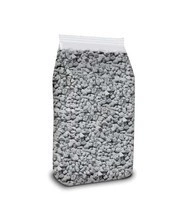
Biovita Volcanic Pumice 4-15mm 1L - maintains humidity and aerates the medium
- Capacity (L):
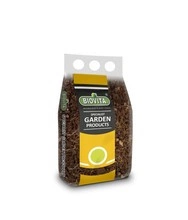
Biovita Coco Chips 5l - independent medium or as a supplement to other substrates
- Capacity (L):
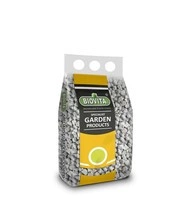
Biovita Volcanic Pumice 4-15mm 5L - maintains humidity and aerates the medium
- Capacity (L):
 Recommended
Recommended
Plagron Euro Pebbles Expanded Clay Ceramic Granules (8-16 mm) 10L
- Capacity (L):
 On special offer
On special offer
Plagron Fertilizer Mega Worm 10L
- phase application:
- Capacity (L):
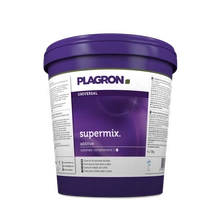 On special offer
On special offer
Plagron Fertilizer Bio Supermix 1L - contains minerals, trace elements, worm castings and seabird guano
- phase application:
- Capacity (L):
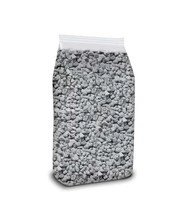
Biovita Volcanic Pumice 4-15mm 18L - maintains humidity and aerates the medium
- Capacity (L):
 On special offer
On special offer
Plagron Fertilizer Mega Worm 25L
- phase application:
- Capacity (L):
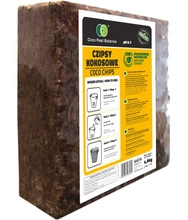
Biovita Coco Chips briquet 4,5kg - independent medium or as a supplement to other substrates
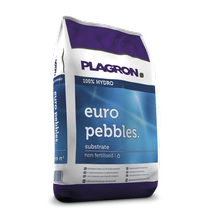 Recommended
Recommended
Plagron Euro Pebbles Expanded Clay Ceramic Granules (8-16 mm) 45L
- Capacity (L):
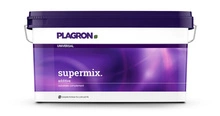 On special offer
On special offer
Plagron Fertilizer Bio Supermix 10L - contains minerals, trace elements, worm castings and seabird guano
- phase application:
- Capacity (L):

